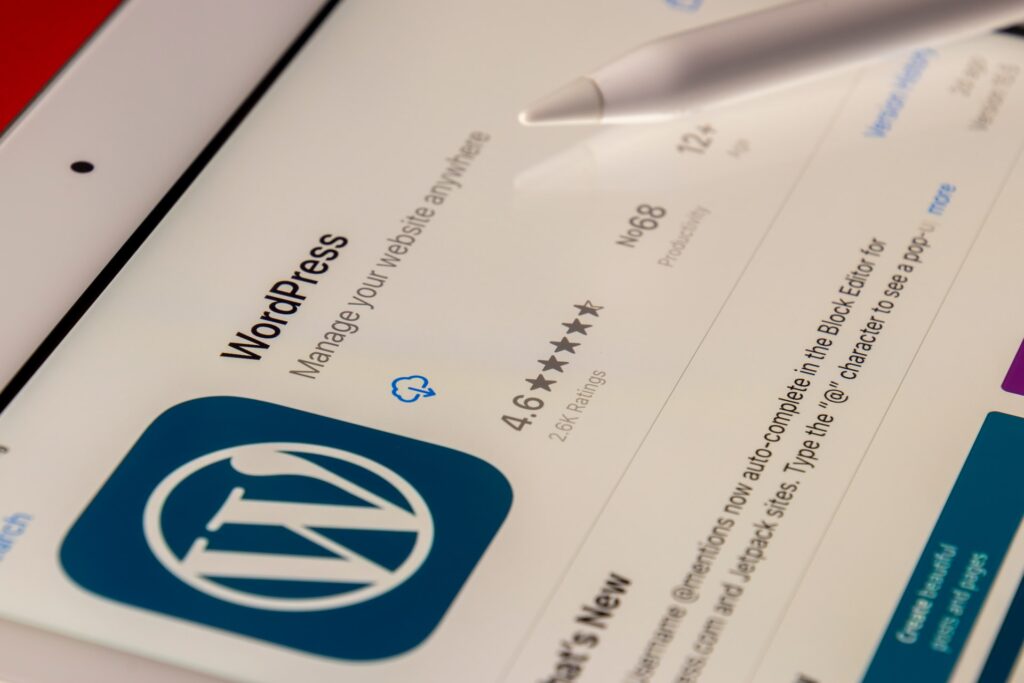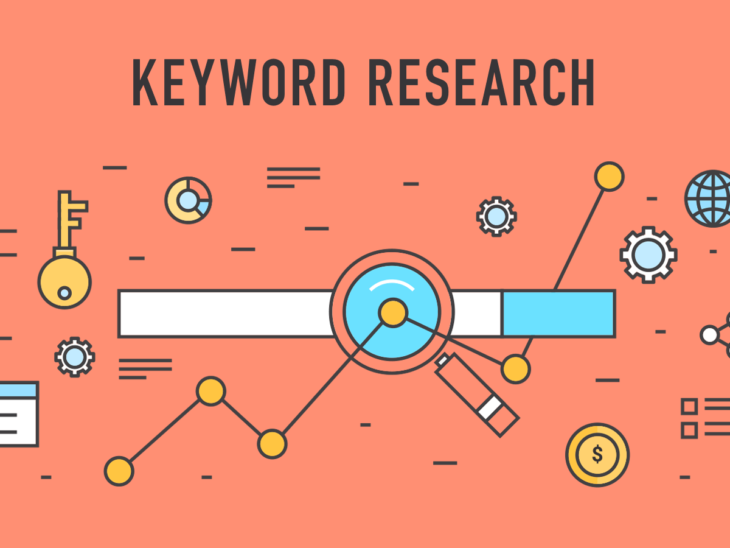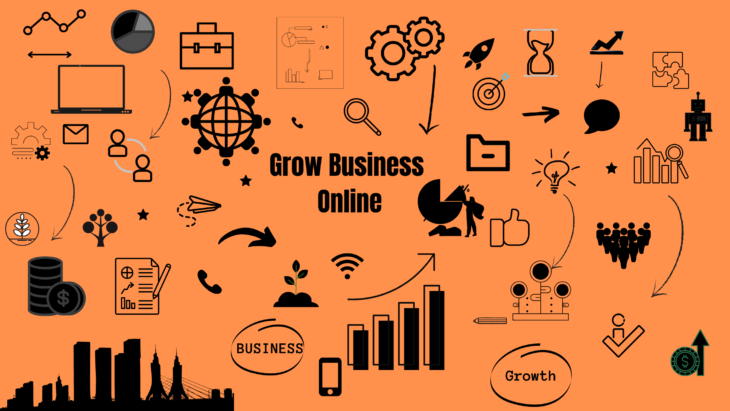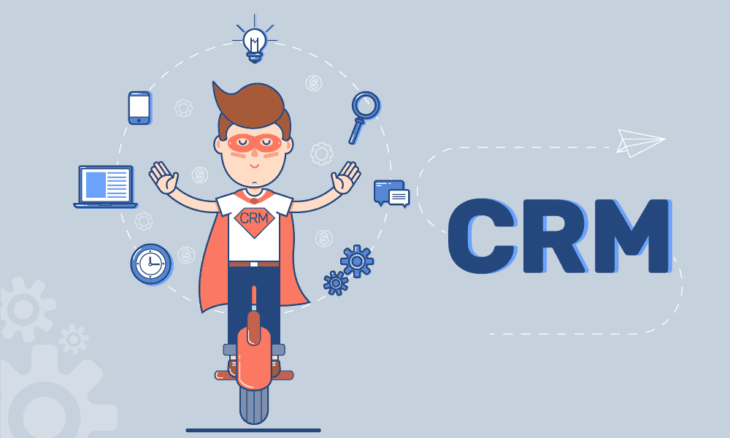Currently, WordPress powers about 35 percent of all websites on the internet. So, they’re dominating the market, and people love it. It’s easy to set up, use, and update when you need to. On top of that, you have a massive library of plugins you can choose from, and many of them are free. Hence, you can customize your website and make it look unlike anything else online. Still, this CMS is far from perfect, but it’s developing fast. So, if you’re using it already or planning to move your site onto it, you’ll want to know the answer to the question of where WordPress is headed in 2022 — and that’s what we’ll talk about today.
To understand all the changes that are bound to happen next year, we at Daily Hacked feel like you should know how things are right now. Therefore, let’s go through that first, and we’ll dive into the emerging trends a bit later on.
WordPress compared to the competition
Content creation
As we mentioned in the intro, WordPress is a website-building platform that’s easy to use. You only have to pick a theme, and you’re all set up and ready to go.
Now, it’s worth mentioning that Wix, one of the alternatives, might be even better for beginners since you don’t need to pick a theme. Instead, you just create a page, and off you go. However, that’s far from enough to give them an edge over WordPress.
Thanks to the number of people that use WordPress, it’s evolving much faster than its competitors. The system is already there, and there’s no reason for you not to take advantage of it.
Security
A common misconception is that WordPress isn’t as safe as other platforms. However, as maintenance experts from WP Full Care explain, it gets a bad rap simply because it’s leading the pack. There are a lot of sites built on it, so it’s only natural that hackers will be paying more attention to finding flaws in this platform. There’s more in it for them if they manage to do it.
In other words, WP is as safe as any other platform, and maybe even more. Just make sure you only use the plugins and themes from proven sources, and you’ll be fine.

Performance
Now, this is where WordPress isn’t the shiniest diamond. Although its core is developed to be fast, plenty of themes and plugins are out there that aren’t optimized well. So, if you use any of them, your site performance will suffer.
The workaround here is the same as with security. Download only the themes and plugins that have a lot of downloads and high ratings. If you’re not sure if you should avoid some, research some more about it, and you’ll find the answer.
Ecommerce
If you want to build an eCommerce website, look no further than WordPress. Thanks to the WooCommerce plugin, WP has been unprecedented since 2019, and you can bet it will stay that way.
Out of the box, it will give you all the power and flexibility you need. You can create the layout you have in your head in no time without having to write even a single line of code. So, it allows you to focus on promoting your store through social media rather than sorting out your website.
Again, Wix comes close to WordPress here, but Shopify is way behind. If you have in mind something that isn’t offered in one of their themes, you’ll have to know how to code to get it.
Where is WordPress headed?
Now that we know the shape of things, let’s get to the bottom of where WordPress is headed in 2022. We’ll look at what they’re doing to fix the problems and the new trends we can expect to see in the year to come.

New default theme
We’ll start with some exciting news that should make lots of you happy. The new default WordPress theme is under construction, and from what we know, it’ll make things a lot easier. It’ll bring the convenience of drag-and-drop editors and new color schemes.
On top of that, it will be compatible with Full Site Editing. You’ll be able to change anything you don’t like on your pages, and finally, make good use of your footer. And with all the valuable things you can add to your footers, such as photos, links, social buttons, and contact forms, you’ll want to do it.
Fixing the issues
Like any other CMS, WordPress isn’t perfect. It has its issues, but they’ve put together a performance team whose task is to take care of these problems. In short, they have three major areas they’re going to focus on in 2022.
- Performance
- Theme and plugin creation
- Headless WordPress
Performance
When it comes to performance, they aim to reduce the image loading times, manage the CSS and JavaScript loadings, and introduce caching in front-end development. If all goes according to plan, we should have faster, more responsive, and prettier WordPress sites by the end of next year.
Theme and plugin development
Your WP site will perform differently according to what theme and plugins you’re using. Now, the idea is to take this factor out of the equation. The performance team will work with developers, review their codes, and identify the present bottlenecks. Then, they’ll find a way to fix them, and they’ll share the solutions with the community.
In essence, they’ll create a guidebook for all the developers to help them generate nicer-looking and better-performing themes and plugins. However, we can only hope that the developer community will learn from their mistakes and embrace the new level of guidance from WordPress.

Headless WordPress
Headless WordPress separates the front end and the back end of the websites. You get to choose if you want to do this on your website or not, and you want the choice.
Of course, they wouldn’t offer it as an option if it wouldn’t bring you any benefits. It’ll make it easier to use WP to manage your content and distribute it through different channels. Your site will load faster, and it will become a lot harder to hack.
On the other hand, it has some downsides — setting it up is a hustle. It’s a lot of work, and if you only have a small website, it won’t make much difference to its performance. But, with that said, if you have a large and complex site, you’ve got to look into it.
Conclusion
So, can we give a definitive answer to where WordPress is headed in 2022? As it seems, it’s going for the better. They’re coming out with genuine innovations, and they’re making WP even easier to use. The platform is evolving, and we’re sure that will continue past 2022.















